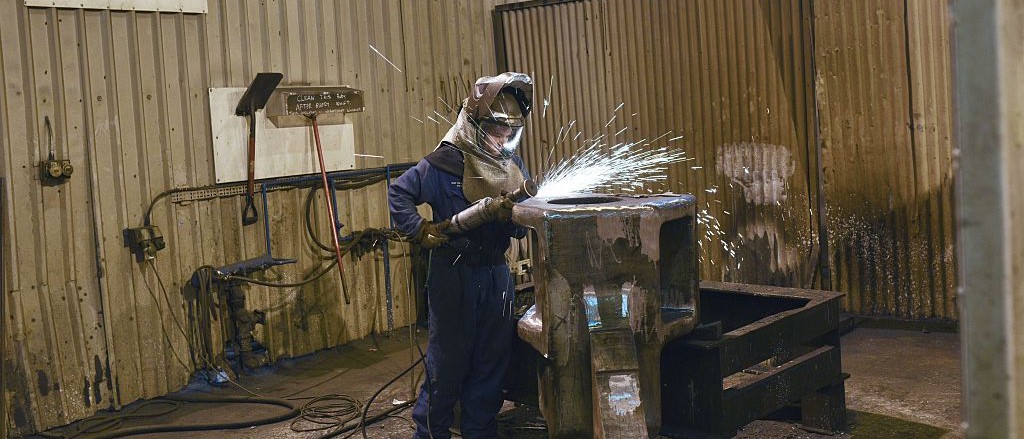Laying waste to defence
More questions than answers arose yesterday (November 24), after the government announced the publication of its Strategic Defence Review, which outlined defence spending priorities for the next five years.
In a blow to British shipbuilding on the Clyde, the government turned its back on its commitment to order the manufacture of 13 Type-26 frigates at BAE Systems’ Govan and Scotstoun yards, reducing the number to eight.
Instead, Prime Minister David Cameron noted, “we will design and build a new class of light, flexible general purpose frigates. These will be more affordable than the Type 26.”
The announcement prompted Unite to call for “cast iron” guarantees from the government that these new, lighter vessels would be built on the Clyde with supply chain contracts from UK producers.
Unite Scottish secretary Pat Rafferty called the Type-26 frigate manufacturing cut “deeply disappointing”.
“George Osborne needs to give cast iron assurances in the comprehensive spending review that the five new class naval vessels outlined in the defence review will be built on the Clyde,” he said.
“We must protect our vital defence manufacturing skills and the UK’s sovereign capability to build the complex warships the government aims to deploy,” Rafferty added. “To fail to do this makes a mockery of the efforts to boost national security.”
Rafferty went on to say that spending and defence reviews were a “tremendous opportunity to put orders onto the books of our struggling foundation industries.”
“Our steel industry is in crisis,” he said. “Without government action now to save that industry it may not be around to compete for contracts when the orders are placed.
“Never again should we be placed in the position of using Swedish steel to build UK warships,” Rafferty added. “There are too many grey areas in the government’s procurement to support national defence – it needs to fill these gaps now.”
Defence communities are also reeling from the announcement in the Defence Review that 12,000 civilian jobs would be slashed by 2020.
Damaging effect
Unite’s national officer for Ministry of Defence workers Mike McCartney noted that the jobs cull will have a profoundly damaging effect on communities beyond the MoD jobs themselves.
“It won’t just be those employed by the Ministry of Defence who will be terrified for their working futures, but the many tens of thousands more who supply into the services,” he said. “Cuts of this enormous extent have dreadful further consequences with everyone from suppliers to local retailers left to take the pain.
“People will be angered by a government that exhorts the nation to be `more like Churchill’ while laying waste to the defence communities Churchill relied upon during the Second World War,” McCartney added.
“Safeguarding national security cannot result in the spread of employment and economic insecurity for tens of thousands of workers and their families.”
McCartney warned that the impact would be “profound”.
“Work with us to manage this process so that compulsory redundancies can be avoided and we can keep a stability and continuity in our support for the armed forces,” he called on the government.
“We cannot return to the dark days where UK armed service personnel are left with inferior imported kit from overseas simply to serve government’s self-imposed cost-cutting agenda.”
The full Defence Review can be found here.
 Like
Like Follow
Follow

